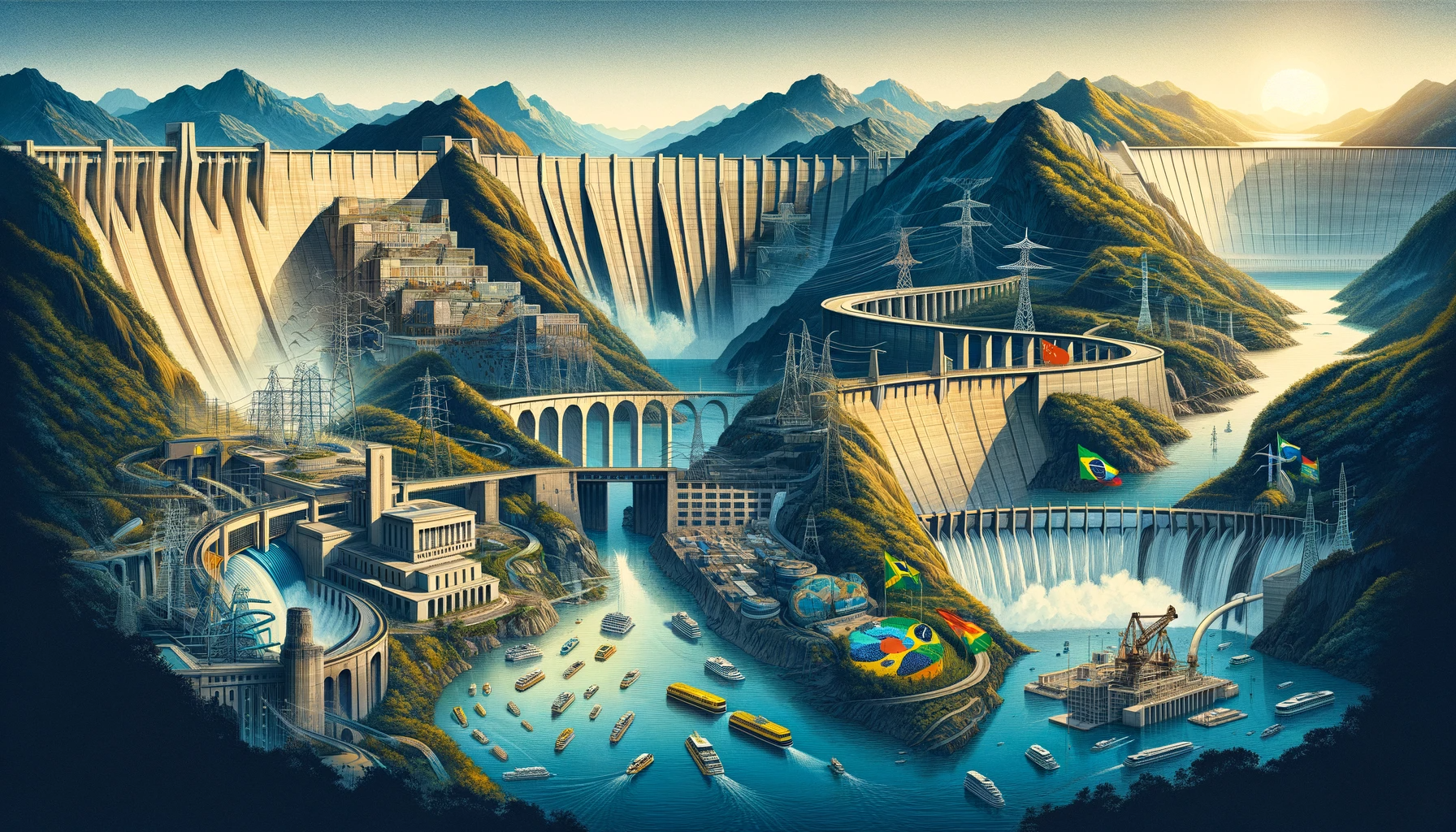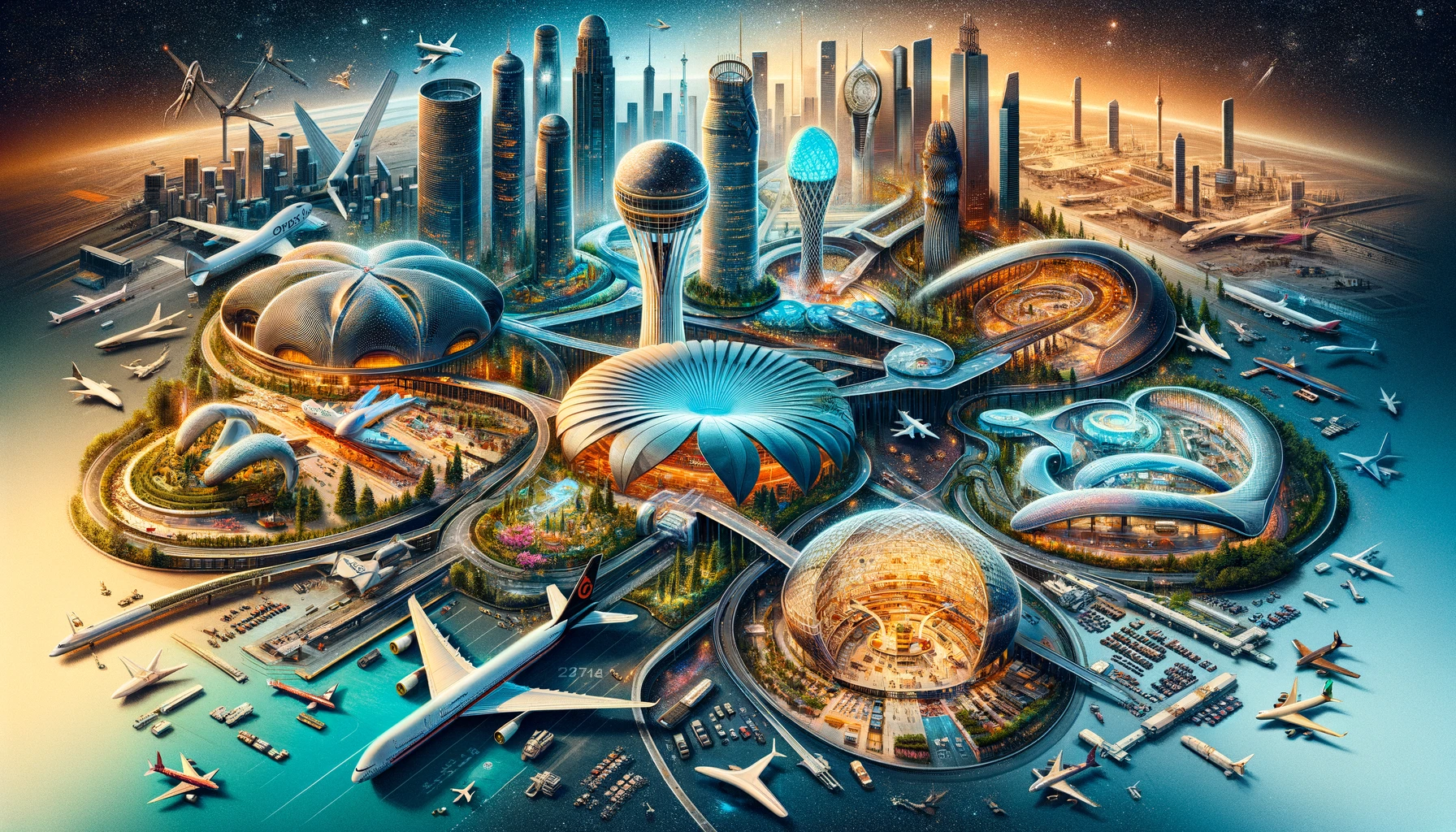top 7 tallest skyscrapers in the world

From the bustling streets of New York to the innovative skylines of Dubai, skyscrapers not only define cityscapes but also symbolize human ingenuity. These towering structures are more than just buildings; they are architectural masterpieces and cultural landmarks. Here, we explore the seven most iconic skyscrapers in the world, each a marvel of design, engineering, and innovation.
1- Burj Khalifa, Dubai
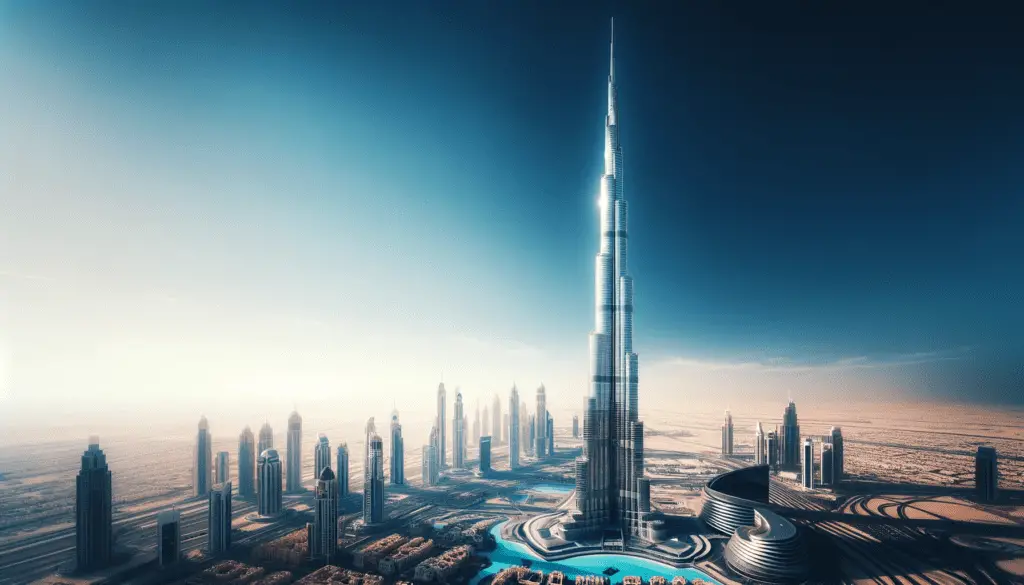

Soaring at an impressive 828 meters, the Burj Khalifa stands as the world’s tallest building. This architectural wonder, completed in 2010, redefines what is possible in the realm of skyscraper engineering. Its sleek, spiraling design not only provides a stunning visual but also represents a breakthrough in aerodynamic efficiency. The Burj Khalifa is more than a skyscraper; it’s a symbol of Dubai’s rapid development and its ambition to reach new heights.
2- Shanghai Tower, Shanghai
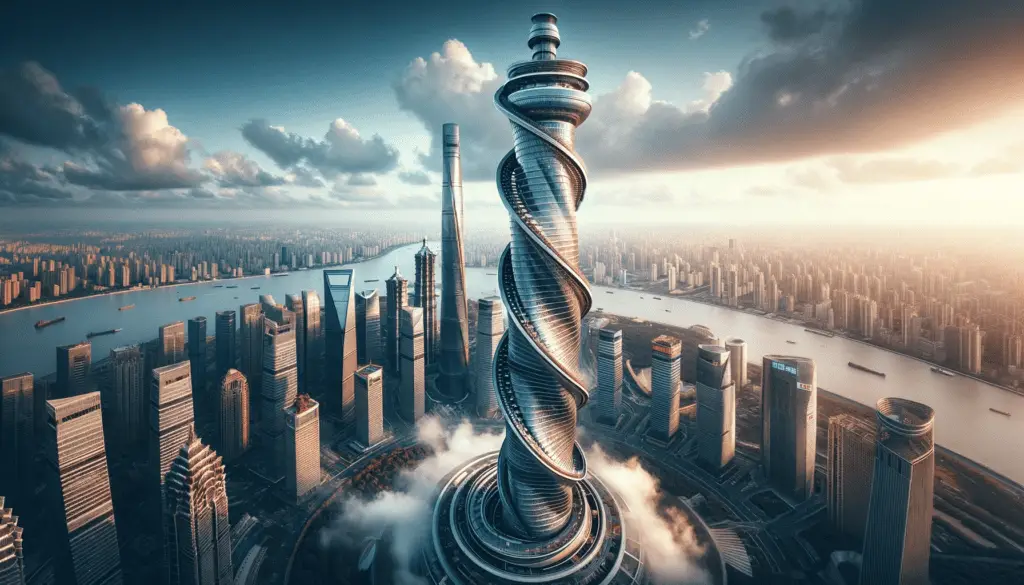

Rising above Shanghai’s skyline, the Shanghai Tower is China’s tallest and the world’s second tallest skyscraper. This 632-meter giant is famed for its unique spiral form, which minimizes wind resistance and symbolizes the dynamic emergence of modern China. The tower’s innovative design includes nine vertical zones, providing mixed-use space and a breathtaking vertical garden. The Shanghai Tower is not only an architectural feat but also a sustainable model for future skyscrapers.
3- One World Trade Center, New York
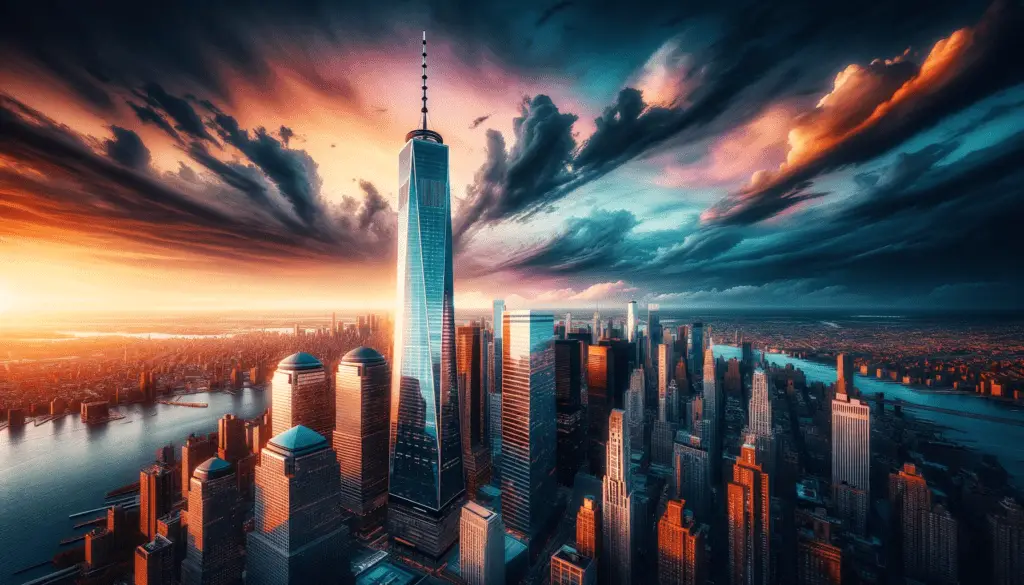

Standing on the site of the original World Trade Center in New York, One World Trade Center is a symbol of resilience and hope. Completed in 2013 and standing at 541 meters, it’s the tallest building in the Western Hemisphere. Its design is both modern and meaningful, with its height in feet marking the year of American independence. The building’s fortified base and reflective glass façade speak to both its strength and transparency.
4- Taipei 101, Taipei
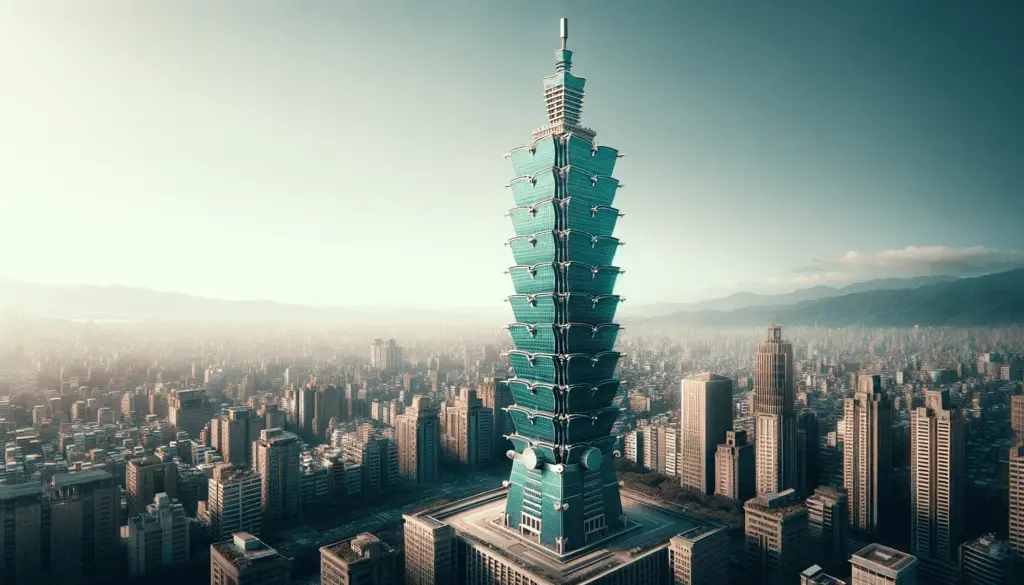

Taipei 101, once the world’s tallest building, remains an architectural marvel. Its postmodern design, inspired by traditional Chinese pagodas, integrates both cultural elements and modern techniques. The building’s 508 meters are divided into eight segments, a number considered auspicious in Chinese culture. Taipei 101 is also known for its advanced tuned mass damper, a technological marvel that stabilizes the skyscraper against strong winds and earthquakes.
5- Petronas Towers, Kuala Lumpur
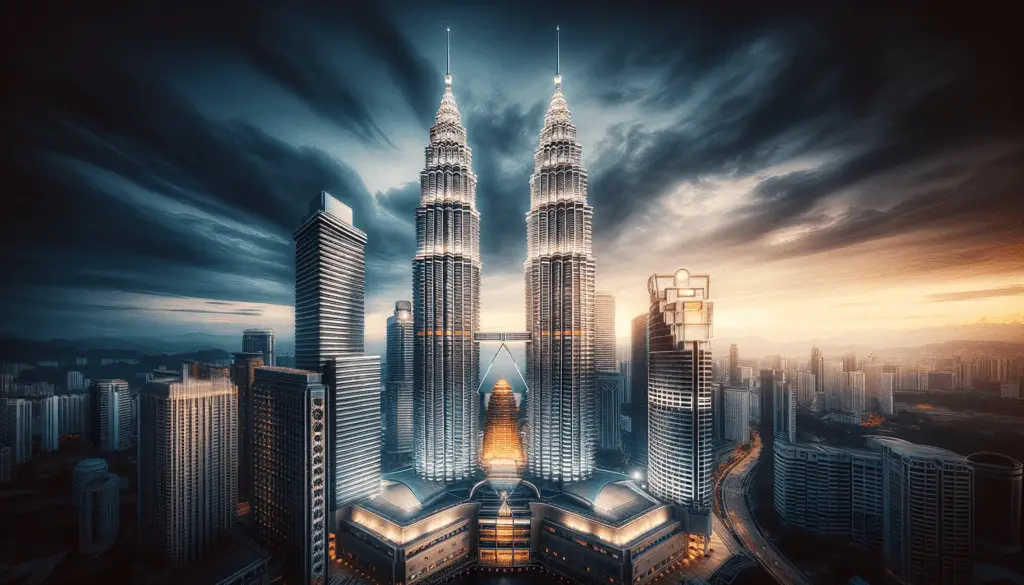

The Petronas Towers, standing at 452 meters, were the tallest buildings in the world upon their completion in 1998. These twin towers are an iconic part of Kuala Lumpur’s skyline, symbolizing Malaysia’s rapid growth and modernization. Their design incorporates Islamic motifs, reflecting the country’s cultural heritage. The sky bridge connecting the towers offers a unique experience and symbolizes the gateway to the future.
6- Empire State Building, New York
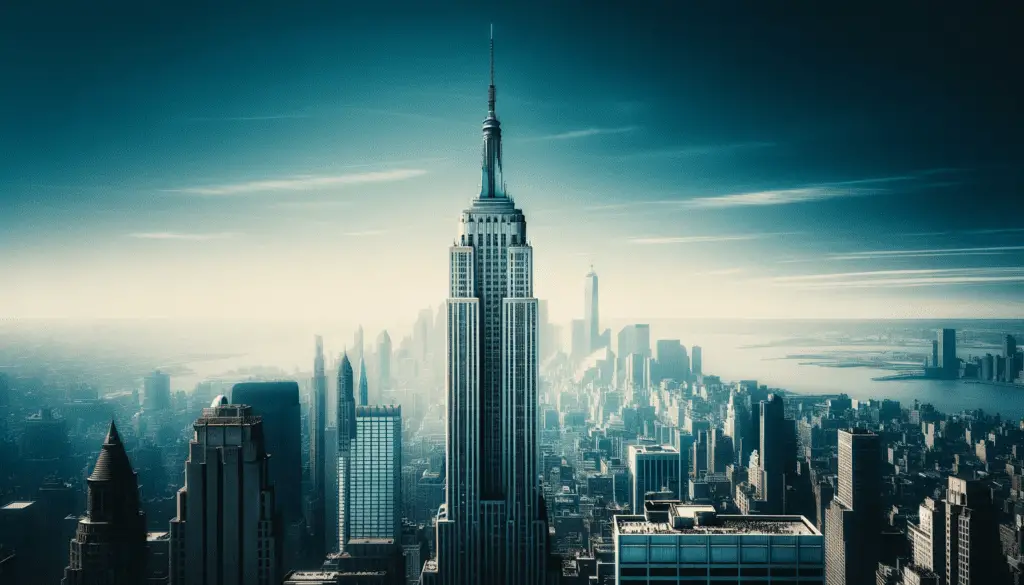

An Art Deco icon, the Empire State Building has stood as a symbol of ambition and innovation since 1931. At 381 meters, it’s an enduring testament to early 20th-century engineering and design. This skyscraper not only defined the New York skyline but also the very concept of what a skyscraper could be.
7- The Shard, London
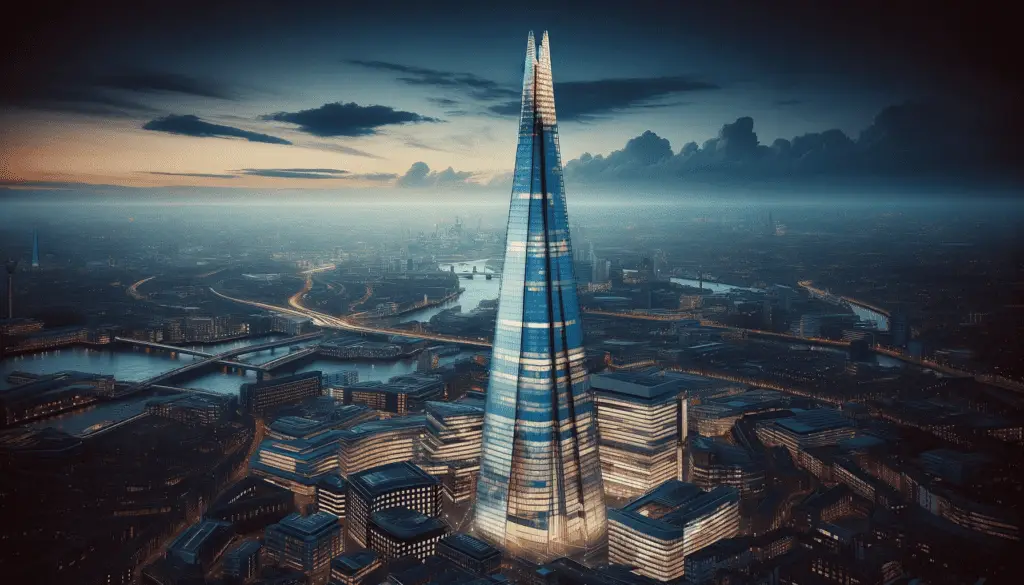

Dominating London’s skyline, The Shard is a 310-meter glass facade that epitomizes modern urban architecture. Its design, resembling a shard of glass, symbolizes the city’s historical resilience and forward-looking spirit. As the tallest building in the UK, The Shard offers panoramic views of London, blending art, commerce, and sustainability in a unique architectural statement.
Conclusion
These skyscrapers are not just feats of architecture and engineering; they are symbols of cultural identity and human achievement. Each stands as a testament to the innovation and spirit of the cities they adorn, inspiring awe
